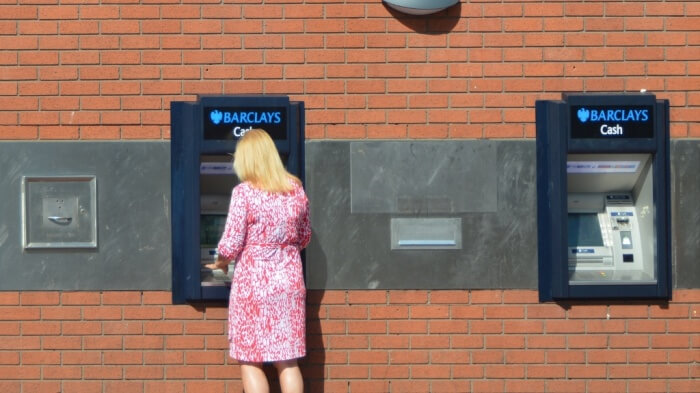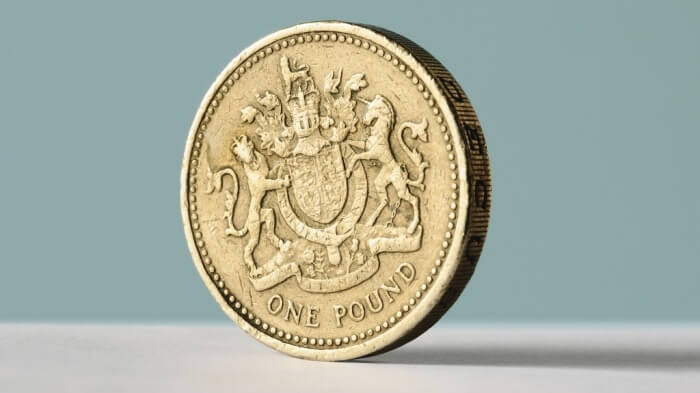Creating money and cutting interest rates are both designed to prop up British businesses, but will the effect trickle down to the real economy?
What Will The Bank Of England’s Post-Brexit Decisions Mean For UK SMEs?
Creating money and cutting interest rates are both designed to prop up British businesses, but will the effect trickle down to the real economy?

It’s official, interest rates have been cut for the first time since 2009 and are now at the record low of 0.25%. Quantitative easing (QE) has also increased, with the Bank of England (BoE) investing a further £60bn into their QE programme alongside a “pack of measures designed to provide additional monetary stimulus”. QE programme now stands at £435bn in total.
Despite these remedies, the BoE still responded with pessimism when it came to the UK economy, reducing the 2018 growth forecast from 2.3%, predicated in May, to 0.8%. The biggest cut in forecasts since 1993.
So now the question is, what effect will this realistically have on the 99.9% of UK businesses that make up the economy?
Will it get better?
The main reason for cutting interest rates was arguably real economy stimulation. The theory behind this is that, by reducing the cost of borrowing, it will make it more appealing to business in need of finance and it will also encourage investment in small businesses.
However, this all depends on whether the banks will pass on this 0.25% reduction. In the immediate aftermath, Santander and Barclays both confirmed that they would be passing on the reduction “in full” while RBS and Lloyds remained indecisive on ‘next steps’.
Knowing that the banks may need a little incentive, alongside the announcement for lower interest rates, there was also the introduction of a £100bn Term Funding Scheme (TFS) designed to aid those banking institutions who decide to offer interest rates close to the new Bank Rate.
This should help support additional lending in the real economy and, as a nice bonus (for bankers), share prices also increased immediately following the announcements with HSBC stocks increasing by 2.8%.
In fact, across the board, the market took positive steps upwards. There was a surge in the FTSE 100 index, led by Financial stocks, and the smaller FSTE index, which is more focused on the UK economy, also gained 1.3% showing a potential confidence increase already.
The QE package and the expansion of the BoE asset purchase programme is also set to have a positive impact with the idea being that, not only is more money pumped into the economy, but investors are also pushed towards the purchase of riskier assets, resulting in stimulation.
So far, so practical…
Will it get worse?
As soon as the cut was announced, Stirling fell to a 3-week low, falling by 1.2% against the dollar to £1.3164. While it did not reach the level of post-Brexit decision, it still does not bode well for imports and prices.
It is predicted that, even with the stimulus package, prices will still increase by more than 2% by 2018 as the costs of imported good increase. While this could be beneficial to the tourism market, and those in tourist areas, as visitors to the UK increase (tempted by lower prices), it does not bode well for businesses who rely on imports to supply them.
QE and lower costs of borrowing may mean that consumers feel more confident and able to purchase goods and services, but it is a delicate balancing act.
While Carney seemed to remain adamant that interest rates would never fall below 0%, he did not rule out the possibility of addition QE and a further cut later down the line, suggesting that more may still need to be done.
Could it have been worse?
Alongside the measures announced, there was also a warning, namely that economic growth will slow, and this will be accompanied by a rise in unemployment, a 5.5% rise. It is expected that there will be 250,000 more unemployed by 2018 suggesting that businesses are set to suffer over the next year or so.
However, it is expected that this downturn will not result in recession, due to the measures announced today. In fact, Carney explicitly assured the press, in the conference following the announcements, that no recession was forecast and the package outlined was designed to prevent further economic slowdown therefore improving the UK’s economic prospects. It will just take time.
The new Chancellor, Phillip Hammond echoed this sentiment in his statement to the press commenting that; “the measures that have been taken today are designed to ensure that any increase in unemployment as a result of the economic slowdown is kept to the absolute minimum.”
In summary, while a downturn is inevitable, it could have been a lot worse.
Keep calm and carry on
Overall, the reaction to the interest rate cut has been positive. While the package has its critics, believing it was unnecessary and harmful to savers, its effect should not be overstated.
Realistically, the 0.25% is more of a signal to businesses and consumers to spend rather than save. Mike Cherry of the FSB claimed it was “encouraging to see the Bank of England taking decisive action to boost the economy”
And here at Love Energy Savings we agree that decisive action was a positive step towards the future. We recently commented that the key to economic stability lay in the continued strength of SMEs, carrying on with ‘business as usual’ making savings where they can.
These sentiments seemed to be echoed by Carney who also remains confident that the UK will adapt commenting in the press conference following the announcement that we have “one of the most flexible economies in the world” with a “deep reserve of human capital” who are “admired the world over for their strength under adversity.”
Thanks for signing up to Minutehack alerts.
Brilliant editorials heading your way soon.
Okay, Thanks!




